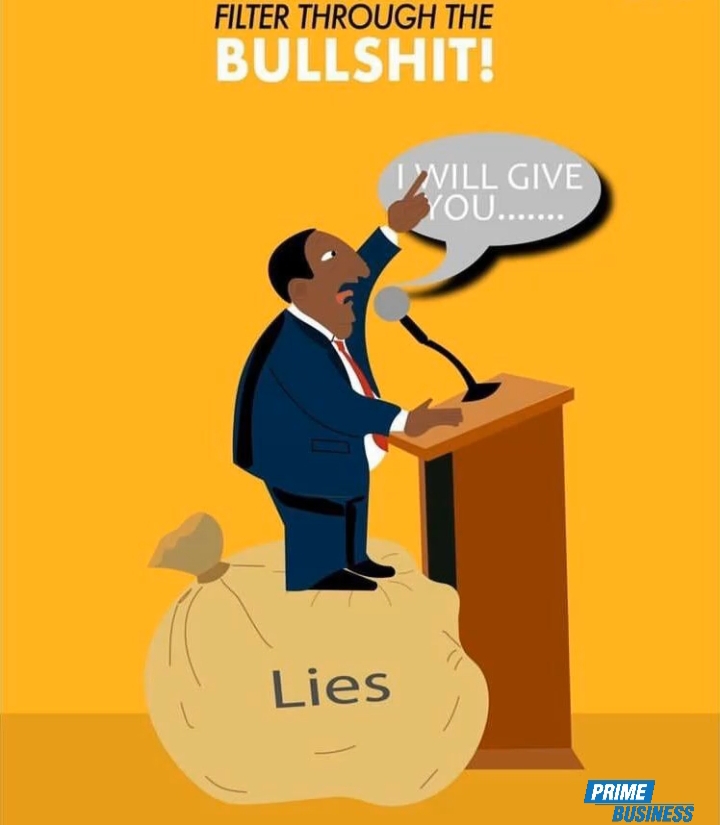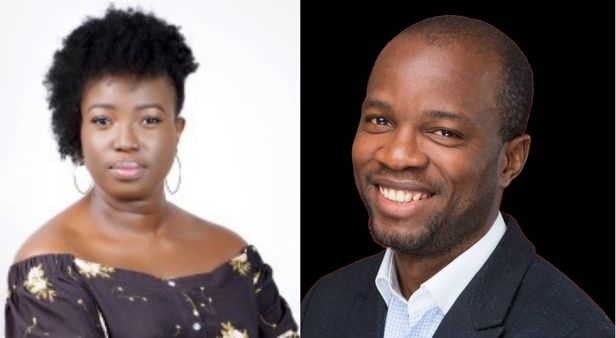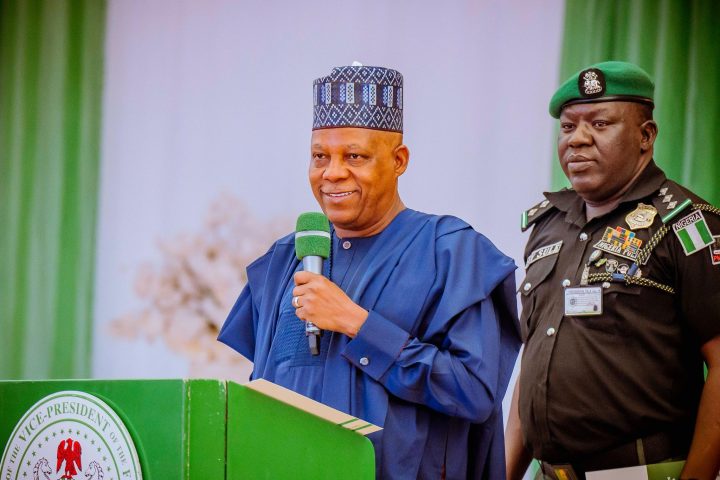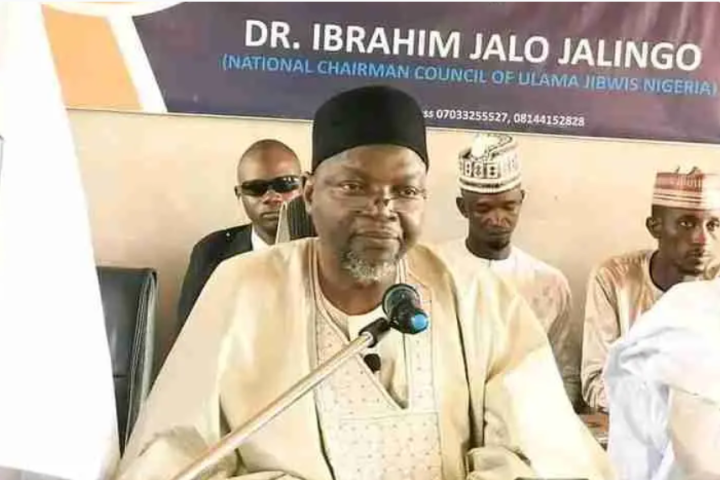Since the return to democracy in May 1999, elections in Nigeria have been an important event in the nation’s history, and before every election, a period of campaign is given by the country’s electoral body.
With official commencement of campaigns for the 2023 general elections, political parties and stakeholders will as usual, begin to deploy every weapon and strategy in their arsenal to win the hearts of people and gain their votes.
Join our WhatsApp ChannelAs witnessed in the past, all the political gladiators will now begin to deploy all manner of below-the-belt tactics to score cheap political points ranging from releasing various levels of smear campaigns against their opponents, to hawking on the streets and eating by the roadsides with the masses to show that they identify with the ordinary citizens.
In the forthcoming weeks, we are likely to witness a deluge of fabricated stories and deployment of fake news (which already coming in bits by some party/candidate spokespersons) with the sole intent of tainting the image of their opponents while they leave major issues aside.
Campaigns cannot be complete in Nigeria without the use of the classic ethno-religious move, take the 2015 general elections for instance. The two major political parties (APC and PDP) used ethno-religious campaign propaganda to gain sentiments and support of voters from different regions in the country. The then presidential candidate of the All Progressives Congress (APC) Muhammadu Buhari, was portrayed to the southern voters as a jihadist from the north bent on accomplishing the Islamisation agenda of Sheik Usman Dan Fodio. However in the north, Buhari was seen as a believer and a saviour who would protect and promote the northern socio-economic and political interests. On the other hand, the Peoples Democratic Party’s presidential candidate, Goodluck Jonathan was described as an arne (a non-believer in Hausa parlance) and sponsor of Boko Haram insurgency, while being hailed in the southern region of Nigeria as the son of the soil.
READ ALSO: Candidates Sign Peace Pact For 2023 As Tinubu Absent
As the campaign for the 2023 general elections starts there has never been a time of “we have had enough” attitude as now. The increase in electoral literacy is proof that Nigerians mean business this time around. The usual “God will help us” is now backed up with actions as the citizens across the country came out in their numbers to register for the and get their Permanent Voters’ Cards.
Aspirants to elective offices would have to take crash courses in acting to improve their acting skills, because the usual script they have been playing with appears to be outdated and there intentions no longer hidden as from the cizitens who have become more discerning than they use to think.
Nigerians have begun clamouring for political debates; they want to know what each candidate has planned to deliver to the country when elected and how they intend to execute those plans.
READ ALSO: Take Charge of Your Country, Obi Urges Nigerians
Nigeria is a democratic state not a monarchy, leadership cannot be passed down from person to person. At every quarter including online space currently, the emphasis has been on the need for the candidates to focus issues, challenges bedevilling the country and begin marshalling out strategies they will adopt to address them, rather than resorting to exchange of verbal attacks and mudslinging. This shows that the citizens have become more enlightened about what they want their leaders.
Bisina Somto, a PBA Journalism Mentee writes from Lagos, Nigeria


















Follow Us